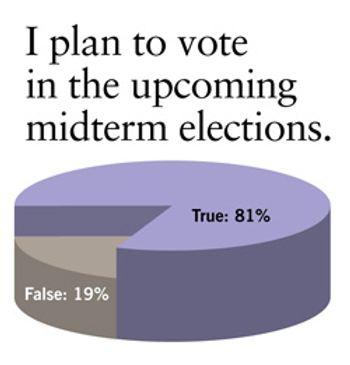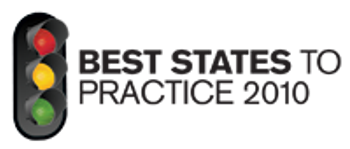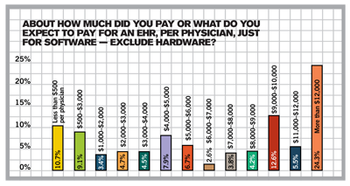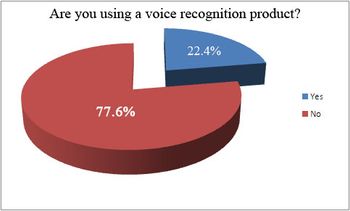
Fretting about how you’ll access government stimulus money for your EHR usage? No need. Here’s advice on how to play the game right.

Fretting about how you’ll access government stimulus money for your EHR usage? No need. Here’s advice on how to play the game right.

Looking for great practice management advice but can't get to New Orleans? Let us take you to the annual MGMA conference online.

Are you ready for the ICD-10 coding transition? Probably not, and although the deadline is years away, practices should be acting now to prepare. Two experts at this year's MGMA annual conference offer specific steps practices should take now, from setting a budget to contacting vendors.

In her MGMA session on the internal checks and balances practices should implement to prevent fraud and embezzlement, Susan F. Childs noted that 75 percent of businesses have a risk of theft or embezzlement. Is your practice at risk? Find out how to assess your practice procedures and prevent theft in your practice.

David Blumenthal, MD, MPP, National Coordinator for Health Information Technology, sat down with Physicians Practice at the MGMA 2010 annual conference to explain the overall goal of the EHR transition and the status of clarifications of the criteria.

Practices might not be forced to sell out to hospitals, but they will need an alignment strategy, argues expert Marc Halley, MBA, because physician-hospital alignment is here to stay. Here's advice on picking the right partner.

It may sound like a great idea, but there are lots of financial questions to consider first. Do your homework on cashing in before you cash out.

Honesty may be the best policy. But is complete truthfulness the compassionate course in every case? Here's what you need to know about the legal, ethical, and professional issues around withholding information from patients.

Seasoned practice owners and administrators know the importance of setting practice goals, both short and long term.

Mainstream EHR vendors have gotten better at catering to physicians in specialties outside of primary care, but don't count out niche EHR vendors. We help you examine your purchasing options.

This year's annual MGMA conference comes at a particularly unnerving time for many practices, as they face uncertainty about federal reimbursement and complex EHR requirements. The annual conference of the medical practice association is being held in New Orleans October 24 to 27, and will cover a wide range of topics from health reform to ICD-10.

Recently, David Nash, MD, a health policy expert from Thomas Jefferson University in Philadelphia, wrote a blog post urging physicians to take advantage of the 62 RECs that have been established. The responses to his post reveal physician attitudes toward RECs and EHRs just three months before the government incentives start becoming available in 2011.


The new meaningful use criteria for EHR incentives focus on whether a computer system can perform specific functions or provide particular features - things that are easy to tabulate. It’s harder to determine if you actually use the system and if you, your practice or your patients are better off. There is no assessment of the possibility that computerizing made things worse.

Happy but worried, American physicians are sorting through the many changes their profession is seeing.

It turns out many physicians aren't aware of the penalties if they don't meet the EHR meaningful use requirements by January 2015.


Trying to decide which state to practice in? Our guide to state-level conditions affecting physicians’ wallets will help you choose wisely.

If you’re confused about the federal incentives to buy an EHR and what meaningful use means, you're not alone. We have the answers in our 2010 Technology Survey.

Maryland, Massachusetts, and Minnesota are putting extra pressure on physicians to adopt EHRs. Now it's time to see if other states follow.

The federal government has estimated that some 50,000 additional health IT workers will be needed in the next five years to help practices and hospitals digitize healthcare. So where will they come from?

Perhaps the issue of physicians using voice recognition software can best be portrayed by the location of the microphones of Dr. J. Scott Litton, Jr., and Dr. Simeon Schwartz.

A physician member of the House of Representatives thinks that early adopters of EHRs should get incentive payments if their systems meet the government’s “meaningful use” criteria, but aren’t yet certified.

Straight from the HIPAA regulation, here is an outline to follow as you create your Notice of Privacy Practices.

The Health Insurance Portability and Accountability Act requires authorization from patients for the release of protected health information for uses other than treatment, payment or health care operations. Here's a sample form for this purpose. Provided by Rachel Glitz, Paul Smith, and Becky Williams of Davis Wright Tremaine, LLP.